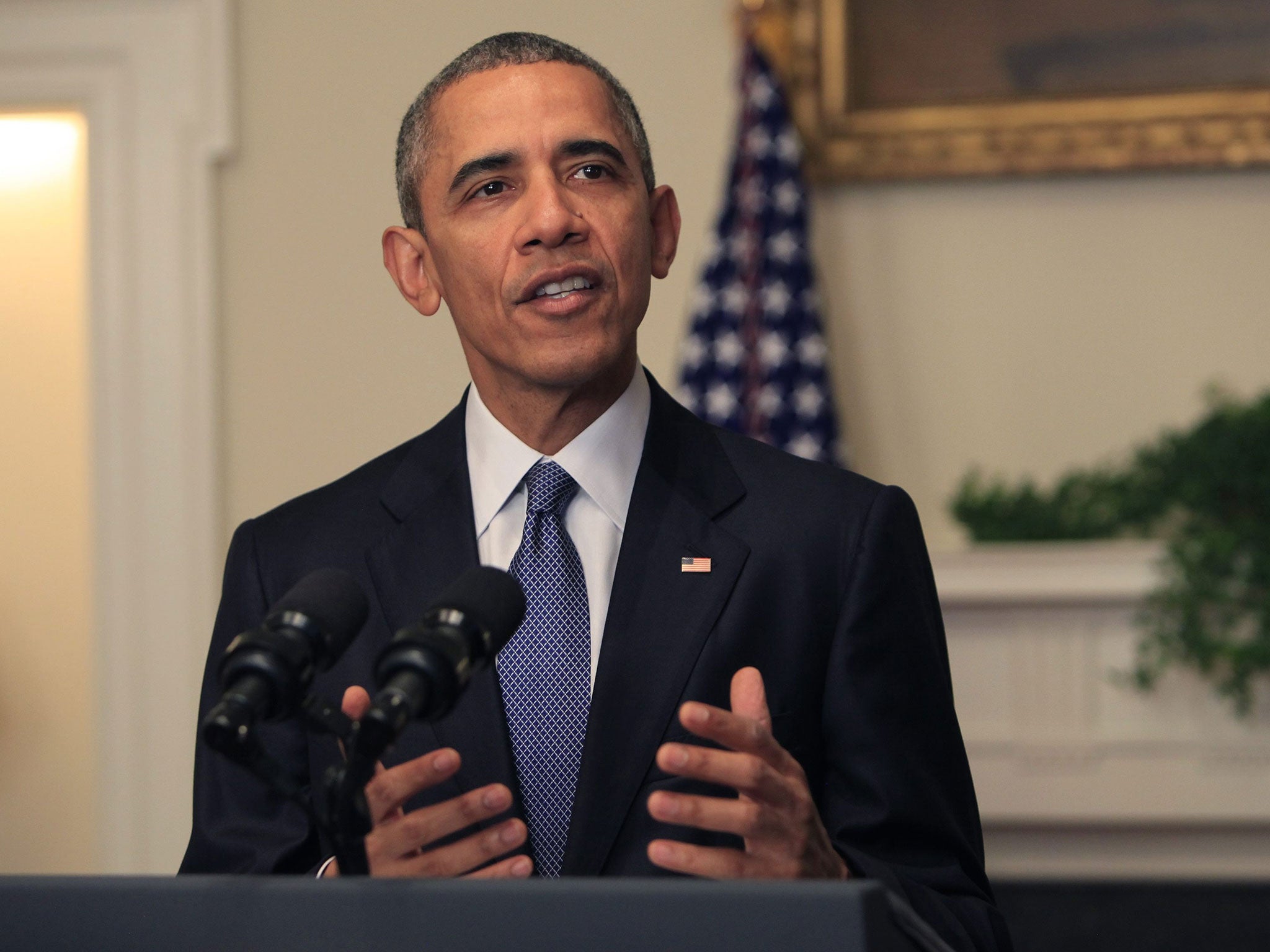Nature Studies: From an environmental perspective, 2015 brought highs and lows - but there was one stand-out hero
Much of the credit has gone to the French hosts of the conference where the Paris Agreement was signed; but the real architect was President Barack Obama

Many commentators, and many of us as individuals, will be looking back over 2015 in the next few days and seeking to sum up the year, so here is my own assessment of what was notable about the last 12 months from an environmental point of view.
This can be done at both a personal and a global level – and in both cases, there were highs and lows. My own 2015 highlights include hearing a nightingale sing over a Sussex lake, in the starlight, in May; walking through the wildflower-crammed hay meadows of the Yorkshire Dales in June; witnessing the restoration of the pine marten, one of our rarest wild mammals, to Wales in September; and being surrounded by hundreds of goldcrests, our tiniest birds, which had just landed on the Norfolk coast, exhausted, after migrating across the North Sea, in October.
These were all exhilarating experiences. Yet the lows for me were to realise with even more force how impoverished our wildlife actually is, and especially how many of our springtime migrant birds, such as the turtle dove, the cuckoo, the willow warbler and the spotted flycatcher, are disappearing. These birds have gone now from swathes of southern England: even on the Government’s own figures, the numbers of wild birds in the British countryside have more than halved since 1970.
If we look at the world as a whole, we can similarly find lows and highs. An obvious low point was the epidemic of deliberately-set forest fires in Indonesia in September and October, the aim being to clear virgin rainforest for agriculture. These monstrous blazes were sometimes emitting as much carbon dioxide in a day as the whole US economy, and reinforced Indonesia’s position as the leading deforesting nation (having overtaken Brazil).
Another baleful statistic has been the preliminary assessment that 2015 is likely to turn out as the hottest year ever, because of climate change. As the year ended there were many signs of an overheating world, including the astonishingly unseasonal winter warmth – it was 72F (22C) in Manhattan on Christmas Eve and The New York Times described the Yuletide weather as “tropical” – and the more violent rainfall that a warming world is expected to bring, with the North of England flooded on an unprecedented scale.
Yet the year also ended with hope, in the shape of the Paris Agreement of 12 December: the whole world community of 195 nations came together and pledged to fight climate change, for the first time. The treaty will not do the job, and must be improved, but it is an essential first step.
Much of the credit has gone to the French hosts of the conference where it was signed; but the real architect, in so far as any one person can be named as such, was President Barack Obama.
The US President’s climate agreement with China, announced in November 2014 and reinforced in September this year, laid the essential foundation for the treaty; his determined domestic action on climate, launching a clean power plan for the US in August and cancelling the controversial Keystone oil pipeline in November, showed the world he was serious in his purpose; his personal diplomacy with other world leaders was a key feature of the positive mood in which the Paris conference was held, and proved decisive.
Barack Obama will, of course, go down in history as the first black US President. A true accounting of his legacy may well show that what he did on the issue of climate change was even more significant, and he, if anyone, is the environmental hero of 2015.
Join our commenting forum
Join thought-provoking conversations, follow other Independent readers and see their replies
0Comments